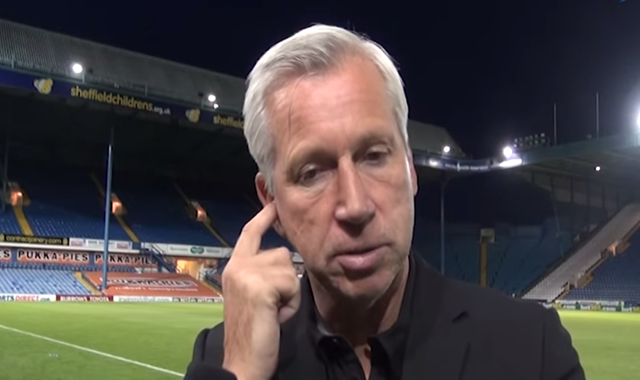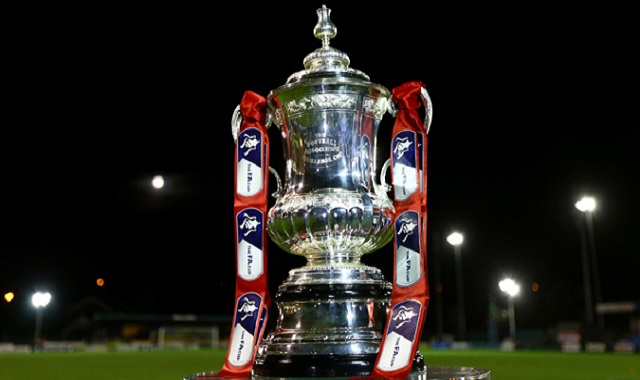The state of the Premier League today
On the surface, it may seem that the Brexit vote would only benefit British teams because it would loosen the regulations for caps of how many foreign players could be on a team and stipulations of trades, however, the Premier League still is restricted by internal rules and FIFA regulations and must adhere to the regulations of Europe still to a great extent because otherwise partner nations’ football associations can forbid their players from going to British sides.
That all said, since a member nation has never voted itself out of the EU before, no one is sure how long the entire process will take insofar as formalizing to leave and vacating the UK from trade agreements and the like. Then there is the fact that the UK can remain in some agreements of the European Economic Area (EEA) even if not a member state of the EU. What may matter most though is that without EU membership, the UK will now have to issue work permits to foreign players and there will be a finite number of these permits—that number is not yet certain, but it could certainly change the number of o foreign players allowed to play in the Premier League as it could limit how many could legally work in the UK, and obviously no one playing at the highest of levels will sneak in under the radar or be paid under the table.
Then there are the kids: Article 19 of the Regulations on the Status and Transfer of Players mandates that athletes under the age of eighteen years cannot be traded and there are in general only two ways around this: one, if a child’s parents move to another nation for a reason (at least supposedly) unrelated to the youth’s soccer career, the child can play at whatever team will take him where-ever the parents move. This has already been exploited in some cases, basically by a parent finding a high-profile team to take the promising youth on and then finding a job of some sort in the same city prior to opening official negotiations with the team in question.


